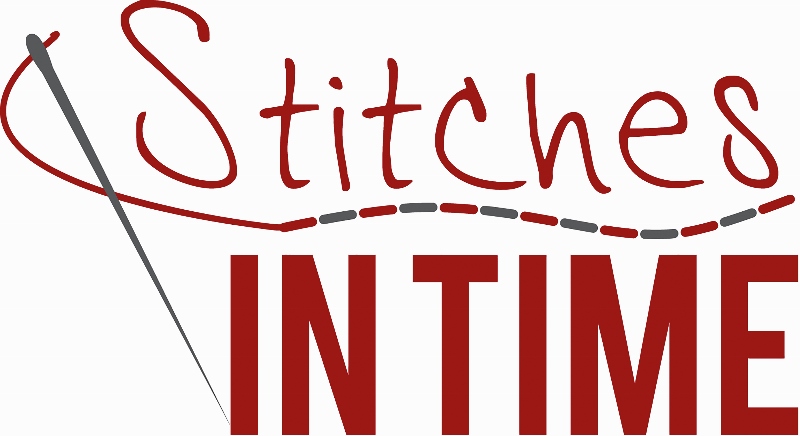
43%
of children in Tower Hamlets are living in poverty
58%
of all neighborhoods in the borough rank in the top 20 percent of income and employment deprivation
78%
of Bangladeshi and Pakistani women in the borough are economically inactive
Tower Hamlets is undoubtedly the borough that best represents the city of London, with its glass fronted skyscrapers and luxury flats standing over densely populated public housing. Such contrasts underpin the highest level of income inequality in the UK, as well as the highest level of child and pensioner poverty, and a female unemployment rate which is more than twice the national average. Deprivation is widespread in Tower Hamlets: more than half (58%) of neighborhoods are in the most deprived 20% and one quarter (24%) in the most deprived 10% (IMD). In a 2015 DCLG report Tower Hamlets ranked as the 6th most deprived local authority of 326 in England. While Muslims account for approximately 40% of the borough’s population, unemployment rates among Muslims are more than twice that of the population, and according to a 2017 House of Common report, “suffer the greatest economic disadvantages of any group in society.”
Income Deprivation Affecting Children per top 10 London boroughs (percentage)
“I came to classes to gain skills and to meet other people, and to share our experiences. I came to empower me to be professional in my work.”

Our Work
To begin to address some of the multiple disadvantages people in the local area face, we fundraise to provide access to free classes, 1:1 advice and support, social meeting opportunities, and collaborative creative projects. Using creative projects as a starting point, we support culturally diverse groups, some facing disadvantage and marginalization, including elders, migrant women, children living in poverty, and our wider community, to meet, access help, and work together. We deal with a range of complex issues, such as domestic and financial abuse, homelessness, long-term unemployment and isolation.
Last year:
660
hours of skills and learning workshops were delivered last year
58
unemployed women volunteered at our workshops or events
98%
of participants said they felt better about themselves and more confident
40 women were involved in community consultations about a local building development application
35 women have been given personal letters to the job centre from us
84 women have enrolled on one of our Sewing Social or FabricWorks programmes in order to build skills, gain employment experience, and improve their job searching opportunities.
7 women class attendees were supported to reclaim control of family money and as a result able to gain financial independence.

In the past year, through our Sewing Support Network, we have provided roughly 20 hours per week, 660 hours in total, of English language instruction, industry level sewing classes, and social activities. Since the expansion of this programme, enrolment on our coures has risen by 400% with 284 women now enrolled on a SIT class.
“I came to classes at Stitches in Time for 5 years, and have been working in the charity for 10 years now. I am one of the main manufacturers for FabricWorks and I have made many items, for Birdsong, Markus Lupfer, Aerende, and many more. I feel so happy and proud to make things for so many people. The money I have earned means I am able to support my family.”



![Screenshot_2018-11-07 Phoenix Community on Twitter Thank you to lewishamledger for a lovely piece on our #FellowshipInn res[...].jpg](https://images.squarespace-cdn.com/content/v1/5b4780b445776e8650027f94/1548779704867-3FILQB541L2NL6MOQ80E/Screenshot_2018-11-07+Phoenix+Community+on+Twitter+Thank+you+to+lewishamledger+for+a+lovely+piece+on+our+%23FellowshipInn+res%5B...%5D.jpg)